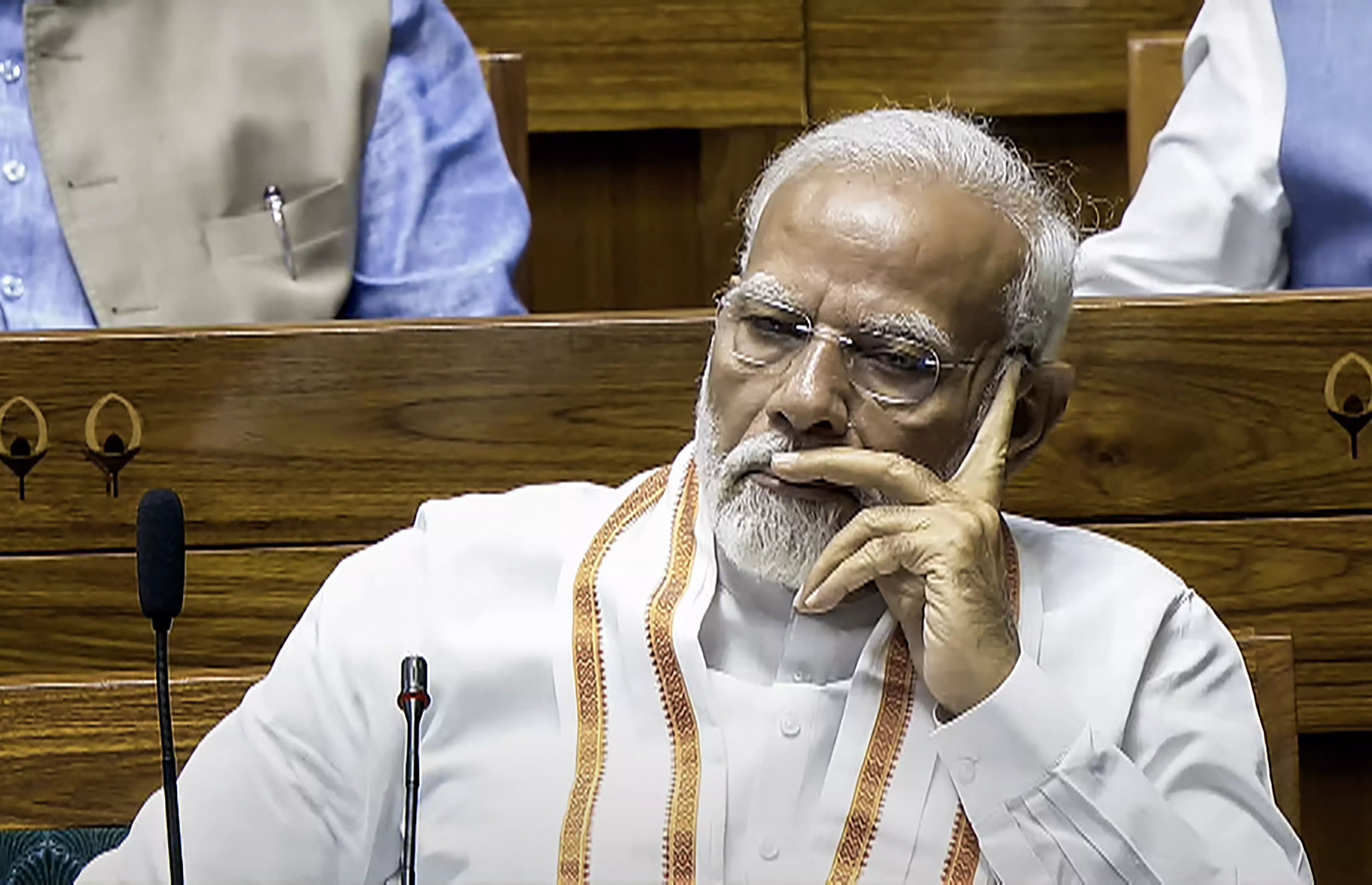John J. Kennedy | After the fiasco over Neet leaks & NET row, what’s the way forward?
Exam Integrity, Student Welfare, and NTA Reforms Under Scrutiny

The National Eligibility-cum-Entrance Test (Neet) fiasco is becoming increasingly complex and contentious. Intense discussions and widespread protests are occurring on multiple fronts. In Parliament, heated debates are taking place, while on the legal front, petitions have been filed in the courts in several states. Meanwhile, the government is implementing mechanisms to investigate the issue and recommend remedial measures.
Politically, the issue has ignited sharp criticism and pertinent questions in Parliament. The Opposition leaders have demanded a detailed discussion, urging the Prime Minister to facilitate a debate as the issue impacts millions of hopeful students. Samajwadi Party MP Akhilesh Yadav has accused the government of fostering paper leaks. Rahul Gandhi’s call for a debate deserves serious consideration. A thorough discussion on this critical issue is crucial for the nation. The government could improve its image by engaging in such a debate and showing commitment to addressing significant student-related problems. No system is perfect, but efforts must be made to rectify exposed flaws. The discussion should aim to identify loopholes and find solutions. The government must prioritise student welfare by allowing this discussion. Rhetoric alone is insufficient. Although President Droupadi Murmu did mention the issue in her address to the joint sitting of both Houses, and emphasised the government’s commitment to a fair investigation, a debate in both Houses of Parliament would be a good starting point. Also, it is important not to dismiss the government’s actions, such as replacing officials and postponing exams, as mere “cover-up” tactics. However, to restore faith in the system, the government must engage in a thorough discussion, as the nation deserves to know the truth.
On the legal front, aggrieved students are seeking a fair resolution, but the path is fraught with challenges. Opinions are divided: some students advocate for a re-examination, while others are firmly opposed, and both sides have made some valid points. Cancelling the exam and ordering a retake would impose additional stress on students who genuinely prepared and performed well, subjecting them to further hardship. However, given the malpractices that compromised the exam’s integrity, the results cannot be deemed valid for selecting candidates. This situation presents a classic Hegelian dilemma, where the courts must choose between two justifiable yet conflicting options. Deciding without causing harm to one party will be a difficult task for the judiciary.
On the other hand, student organisations like NSUI, AISF, and AISA are intensifying their protests. Their anger is natural and spontaneous. Interestingly, even the ABVP, affiliated with the ruling BJP, has raised concerns. Some organisations demand scrapping the National Testing Agency (NTA), while others have called for the Union education minister’s resignation. While the minister’s resignation might be seen as a political move, it is up to the minister to decide on moral grounds.
The call to disband the NTA is more significant due to its ongoing controversies. As the investigations continue, doubts about the exam’s reliability and the NTA’s role are only mounting. For instance, the retest results for 813 out of 1,563 candidates, where no one achieved full marks, highlight systemic corruption. This casts doubt on the NTA’s practices since its inception in 2017 and questions past candidate selection. Sadly, public faith in the NTA is waning. An opinion poll showed only 18 per cent of 857 respondents have confidence in the NTA, while 77 per cent believe it should no longer conduct exams.
One of the major problems contributing to the NTA’s current predicament is the overwhelming volume of work it has been assigned. A brand-new organisation with inadequate and underqualified staff to meet millions of aspirants’ needs to compete in top-notch exams was a sure recipe for disaster. Lord Acton’s words ring true: “Power corrupts, and absolute power corrupts absolutely.” Such an outcome was almost inevitable. Compounding the issue, several officials responsible for maintaining the integrity of the exam process have also fallen prey to greed and corruption. The arrest of a school principal and district coordinator of Neet exams in Hazaribagh, Jharkhand, has further eroded public confidence.
The silver lining in these troubling events is the government’s acknowledgment that not all is well with Neet and the NTA, prompting the initiation of reforms. A seven-member expert committee, led by K. Radhakrishnan, former chairman of the Indian Space Research Organisation (Isro), is expected to submit its recommendations in two months. While it is unlikely that the committee will recommend abolishing the NTA -- indicating the government’s continued commitment to its “one nation, one exam” approach -- the focus will be on reforms in the examination process, improvements in data security protocols, and the overall structure and functioning of the NTA.
However, importantly, the committee should consider regional realities and the perspectives of state governments, many of which advocate for education to be returned to the State List from the Concurrent List. It is commendable that the committee has invited feedback from various stakeholders, but it would be worthwhile to include opinions from state representatives as well.
In this regard, closely examining the A.K. Rajan committee report on Neet could provide valuable insights for Dr Radhakrishnan and his team. The solutions proposed by the committee need to be enduring rather than mere knee-jerk reactions. Understanding the negative impacts of a centralised approach, its effects on different sections of society, and how a “one-size-fits-all” method undermines equality and social justice is absolutely essential. Any proposed solutions will likely be superficial and cosmetic without sincerely addressing these concerns in the recommendations. The committee’s work must ensure that the reforms lead to substantial, long-lasting improvements in the examination system while simultaneously avoiding disparity and discrimination and ensuring fairness and equity to all.

